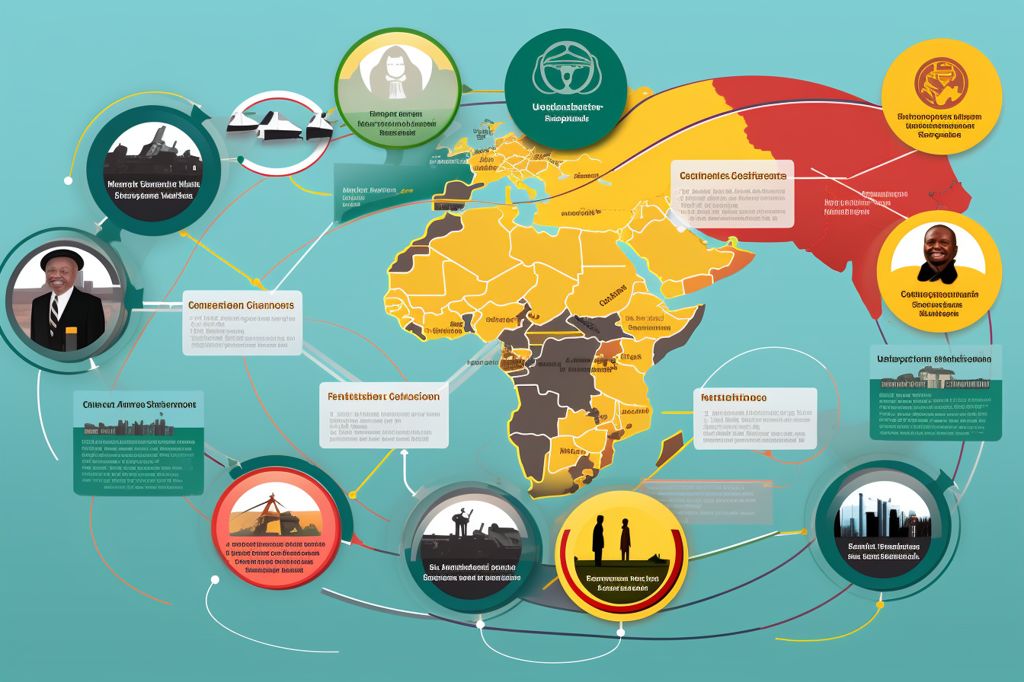President Cyril Ramaphosa’s dedication to addressing South Africa’s pressing challenges and fostering international relations is evident in his packed agenda. Here are some of the highlights of his public program:
Working Visit with South Sudan’s President Salva Kiir Mayardit
On June 28, 2023, President Ramaphosa welcomed South Sudan’s President Salva Kiir Mayardit to Pretoria for a working visit. The two leaders discussed mutual concerns, progress on implementing the Revitalized Agreement of the Resolution of the Conflict in the Republic of South Sudan (R-ARCSS), and the ongoing conflict in the Republic of Sudan.
Participating in the 8th Southern Africa Customs Union Summit
The following day, President Ramaphosa participated in the 8th Southern Africa Customs Union (SACU) Heads of State and Government Summit in Eswatini. Established in 1910, SACU is the world’s oldest Customs Union, facilitating regional economic integration and compliance with the World Trade Organization treaty. The summit aimed to provide political and strategic guidance on implementing the SACU Strategic Plan 2022-2027, focusing on six pillars.
District Development Model Presidential Imbizo
On June 30, 2023, President Ramaphosa led the 7th installment of the District Development Model (DDM) Presidential Imbizo in Ladysmith, KwaZulu-Natal. This event continued his State of the Nation Address commitment to engage with communities across all provinces, focusing on leaving no one behind in the development of communities, rebuilding the economy, and service delivery.
DRC-SA Bi-National Commission
On July 6, 2023, President Ramaphosa will travel to Kinshasa, Democratic Republic of Congo, to co-chair the 12th session of the DRC-South Africa Bi-National Commission (BNC) with President Félix Tshisekedi. The BNC aims to strengthen friendship and cooperation between the two countries, improving economic relations and increasing investment in various sectors.
Despite concerns regarding his leadership role, President Ramaphosa remains committed to leading reforms addressing South Africa’s challenges, particularly on the economic front. Over the past six months, he has focused on various areas such as investment, employment, electricity, economic reforms, public enterprises, infrastructure, and just transition. Additionally, he has maintained close collaboration with stakeholders, working to resolve multiple challenges and advance the economic growth agenda.
President Cyril Ramaphosa’s public program reflects his commitment to addressing critical issues in South Africa and fostering important international relationships. With a determined focus on driving reforms, improving the economy, and engaging with communities, he continues to lead the country towards a brighter future.








